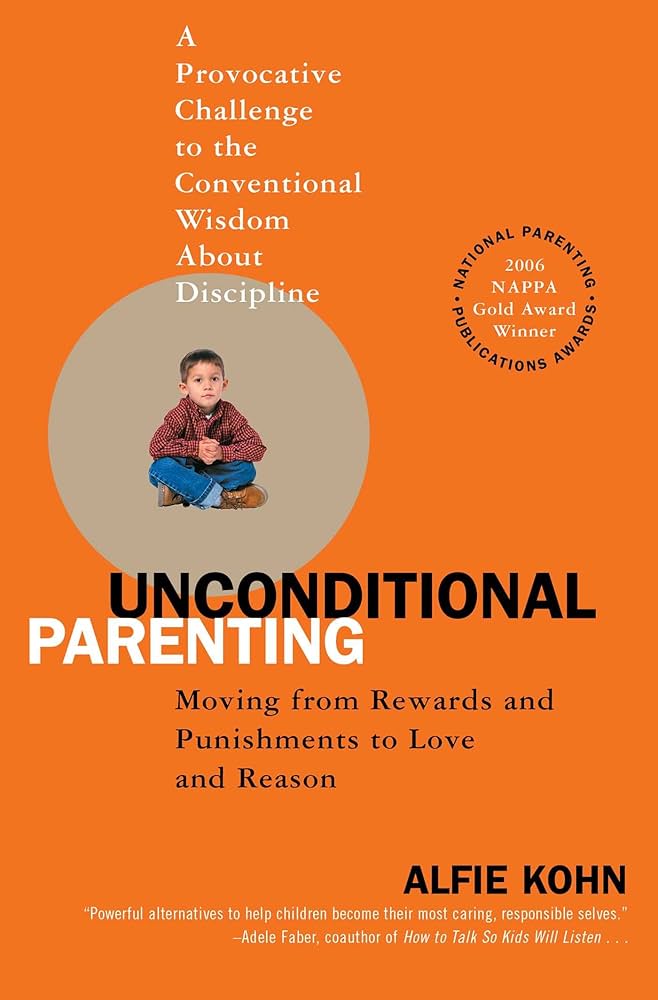
Unconditional Parenting by Alfie Kohn
Unconditional Parenting by Alfie Kohn is a revolutionary book that challenges the traditional methods of parenting. Kohn argues that the conventional approaches often rely on rewards and punishments, which he believes can be detrimental to children's development. Instead, he advocates for a more compassionate and understanding approach to parenting that focuses on unconditional love and support.
Understanding Unconditional Parenting
Unconditional Parenting is based on the premise that children should be loved and accepted for who they are, not for what they do. This approach emphasizes the importance of providing children with a sense of security and self-worth, rather than trying to control their behavior through external means.
Key Principles of Unconditional Parenting
- Unconditional Love: Children need to know that they are loved no matter what. This unconditional love forms the foundation of a healthy parent-child relationship.
- Respect: Treating children with respect and valuing their opinions and feelings.
- Collaboration: Working together with children to solve problems and make decisions.
- Encouragement: Providing support and encouragement rather than rewards and punishments.
- Reflection: Helping children to reflect on their actions and understand the impact they have on others.
The Impact of Rewards and Punishments
Kohn argues that rewards and punishments can undermine a child's intrinsic motivation and lead to a dependence on external validation. This can result in children who are less likely to take risks, be creative, or develop a strong sense of self. He believes that a focus on compliance and obedience can stifle a child's natural curiosity and desire to learn.
Alternatives to Rewards and Punishments
Instead of relying on rewards and punishments, Kohn suggests the following strategies:
| Strategy | Description |
|---|---|
| Problem-Solving | Involving children in solving problems and making decisions that affect them. |
| Listening | Actively listening to children's concerns and taking them seriously. |
| Understanding | Trying to understand the reasons behind a child's behavior rather than just reacting to it. |
| Support | Providing emotional support and encouragement rather than just focusing on outcomes. |
| Autonomy | Giving children the freedom to make their own choices and learn from their experiences. |
Conclusion
In Unconditional Parenting, Alfie Kohn presents a compelling case for rethinking traditional parenting methods. By focusing on unconditional love, respect, and collaboration, parents can help their children develop into confident, compassionate, and self-reliant individuals. This approach not only benefits children but also fosters a more positive and supportive family environment.
For more insights on parenting and child psychology, visit Read Review Talk and check out our blog for the latest articles and resources.



